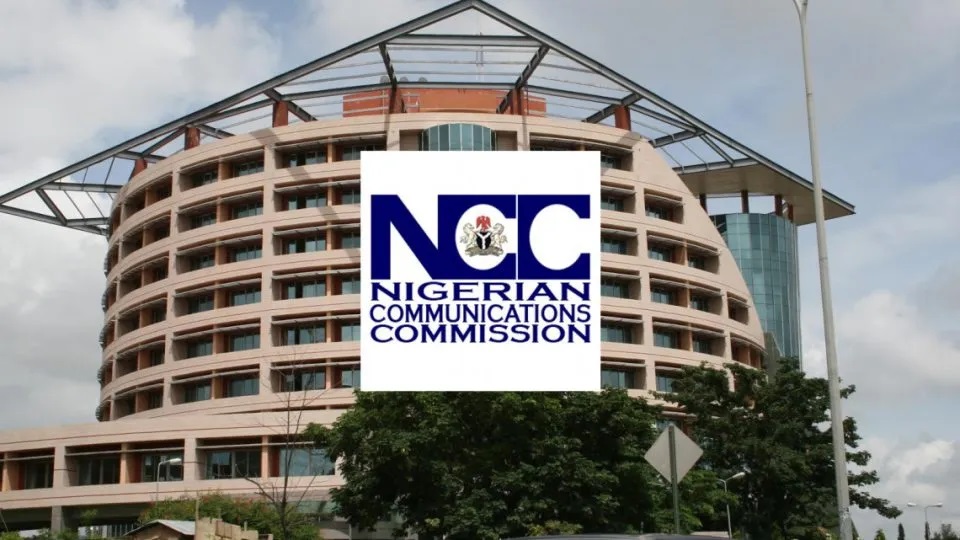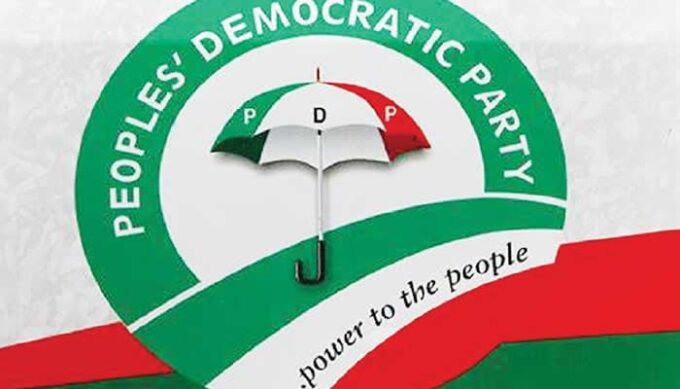From Adanna Nnamani, Abuja
The Nigerian Communications Commission (NCC) has introduced a new rule that requires companies sending bulk international text messages, also known as Application-to-Person (A2P) messages, to get a licence that costs N10 million.
These A2P messages are the kind you get from banks, online stores, hospitals and political campaigns, automated texts sent from apps to your phone.
The NCC said the new move is aimed at cleaning up the system, fighting fraud, blocking spam messages and stopping money from leaving the country unchecked.
According to the Commission, the bulk international text message system has been poorly regulated for too long. “The International SMS Service Ecosystem in Nigeria has not been fully brought under regulatory control. It has been observed that the excessive use of the Short Message Service has led to fraud, spam and illegal activities,” the NCC said.
It warned that without action, the problem would worsen as more people use mobile phones and digital services.
To solve this, the NCC is creating a central platform, or gateway, through which all international bulk text messages must pass. This will help the Commission monitor messages in real time, ensure proper fees are paid, and make sure the money stays in Nigeria where it can contribute to the economy.
Service providers must follow strict rules, including strong data protection, spam filters, and message encryption. They must also work with local mobile networks and make sure all messages come from a verified sender. Any message without a proper sender ID will be blocked and not delivered to users.
To protect users from unwanted texts, the new rules say companies must get clear permission before sending any promotional content. People must also be able to choose whether they want to receive such messages or not.
Companies are now required to keep records of all messages for at least six months and must clearly state all charges involved. The NCC said fees for help requests, cancellations, or service info must be transparent and not include hidden charges.
The Commission will issue licences to several providers to encourage healthy competition but may limit new licences if needed. Only companies that show they can stop fraud and safely deliver messages will be allowed to operate. They must also regularly report their message traffic and finances to the NCC.
Any company that breaks the rules risks getting fined, suspended, or having its licence revoked. Offences like charging illegal tariffs, ignoring security rules, or avoiding taxes will be punished, the NCC said.
The Commission added that the new rules follow the Nigerian Data Protection Act 2023 and support the federal government’s goal of strengthening cybersecurity and controlling Nigeria’s digital space. The framework will also be reviewed from time to time to keep up with new technology and market trends.

















Leave a comment